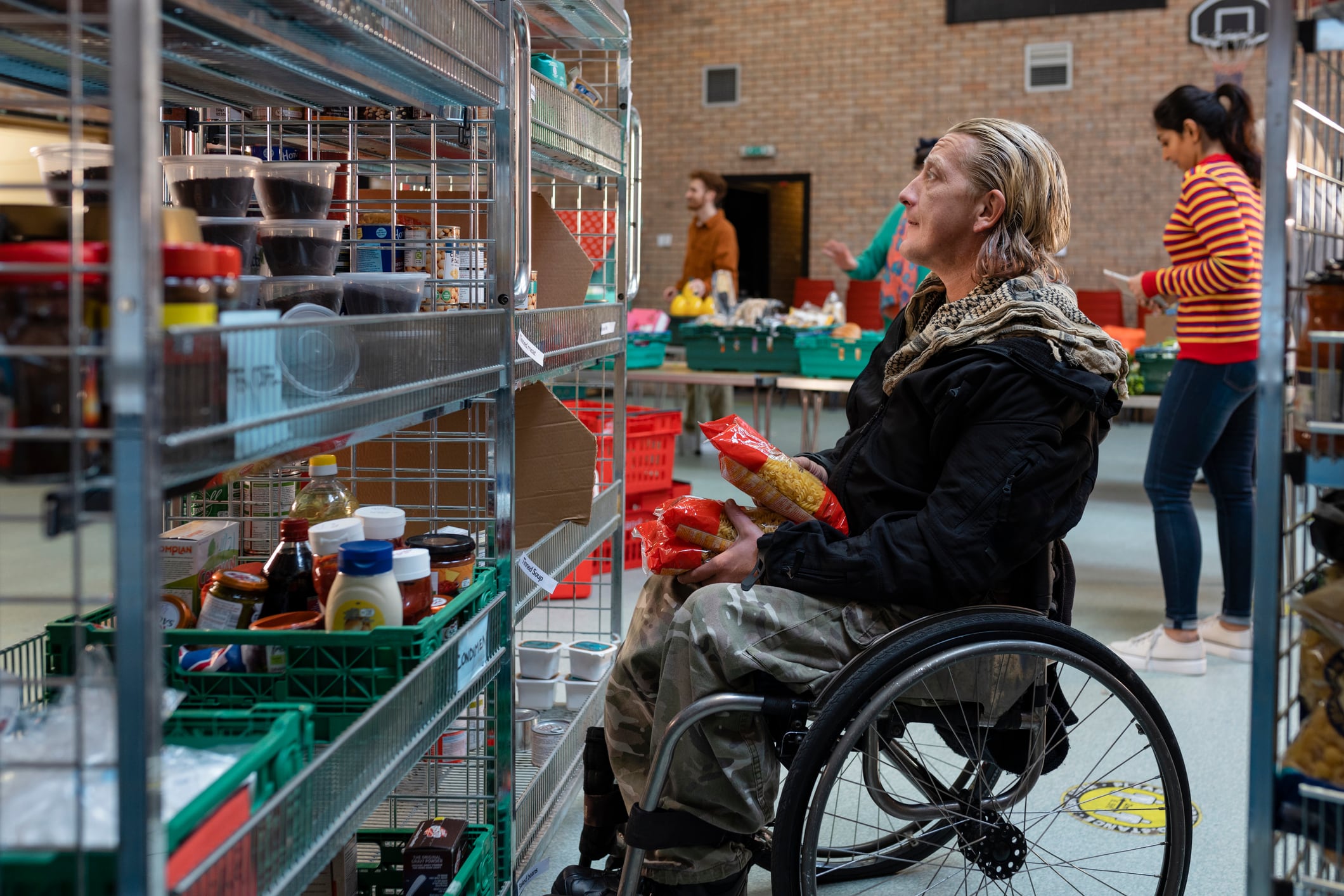New certification solutions in “critical impact areas” will be launched as part of a series of updates to the Rainforest Alliance’s Agriculture Standards process.
Changes to the standard include:
- Simplification: Requirements proven to be “valuable” to farmers and companies have been retained, while those deemed a burden or considered to add unnecessary complexity have been dumped
- Targeted inspections: There will be more targeted inspections and audits, though steps will be taken to reduce the time taken to carry out audits across the whole process
- Better quality data: The refinement streamlines the Rainforest Alliance’s data approach, and concentrates on data points essential to supporting market needs
Sustainable Agriculture certification
Version 1.4 of the Sustainable Agriculture Standard was developed and informed following feedback from farmers and businesses, according to the body.
“This allowed for a more user-friendly and streamlined certification programme than ever, removing unnecessary complexity and strengthening the data-driven approach,” said the Rainforest Alliance.
Though efficiencies will be improved, the body claims the overall integrity of the standard will be upheld.
The organisation also reaffirmed its commitments to initiatives like the ISEAL Code of compliance.
Its certification programme will continue to provide data to support companies’ compliance with regulations like the EU Corporate Sustainability Reporting Directive, the EU Corporate Sustainability Due Diligence Directive, the EU Deforestation Regulation, and the German Supply Chain Act.
“The evolution of the Rainforest Alliance certification programme ensures that despite these growing expectations farmers and companies retain their market access,” says the organisation.
EUDR focus
As well as updating the standard, the Rainforest Alliance is developing new specialised certification solutions for three critical impact areas: regenerative agriculture, climate, and livelihoods.
Though various elements of the Agriculture Standard 1.3 will remain.
Meanwhile, the Rainforest Alliance has launched its support platform for commodity industries to work towards compliance before the deadline later this year.
New research showed, despite various criticisms, the cost of EUDR to both business and consumers will be minimal.





